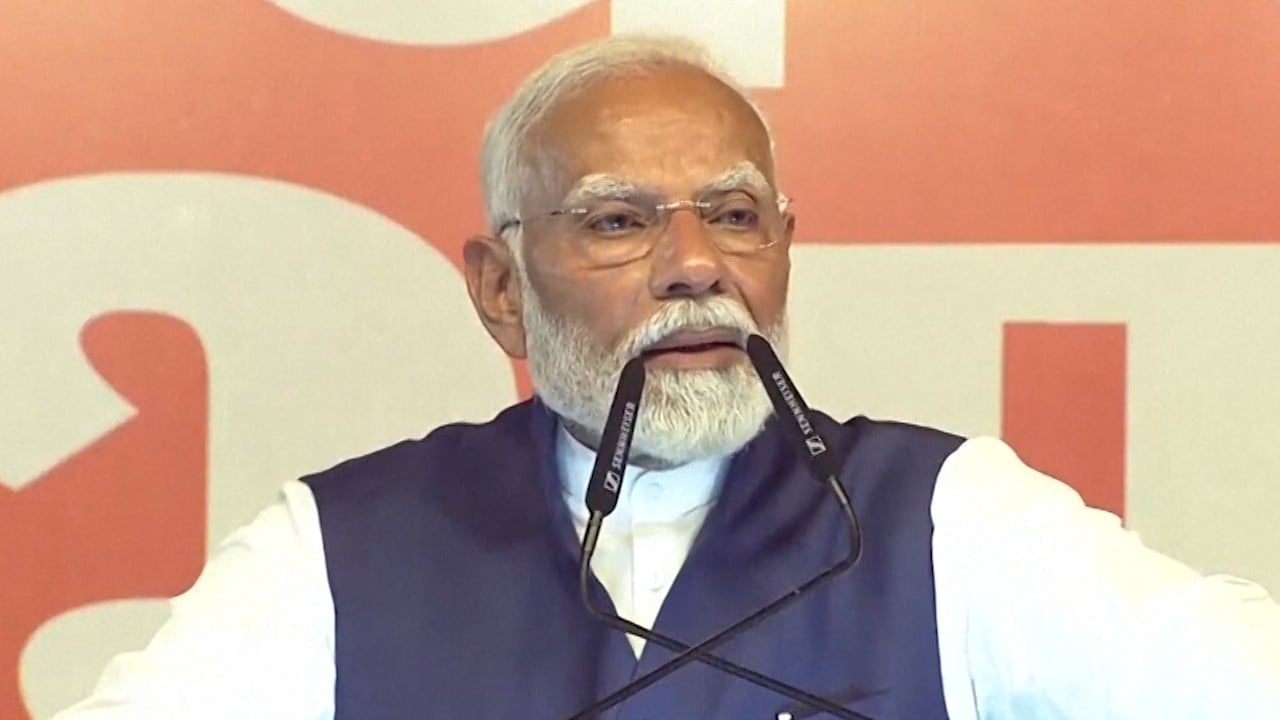India’s Modi sworn in as prime minister for historic third term
When Modi was the chief minister of the western state of Gujarat from 2001 to 2014, BJP enjoyed strong majorities, allowing him to govern decisively.
Modi’s new term as prime minister, therefore, is likely to be fraught with challenges on building consensus on contentious political and policy issues in the face of different interests of regional parties and a stronger opposition, analysts say.
Some analysts worry that the fiscal balance in the world’s fastest growing economy could also come under pressure due to demands for higher development funds for states ruled by the NDA’s regional partners and a possible push by BJP to spend more on welfare to woo back voters it lost in this year’s election.
Modi, whose election campaign was marked by religious rhetoric and criticism of the opposition for allegedly favouring India’s 200 million minority Muslims, has adopted a more conciliatory tone since the shock result.
“We have won the majority … but to run the country it is unanimity that is crucial … we will strive for unanimity,” he said on Friday after the NDA formally named him coalition head.
